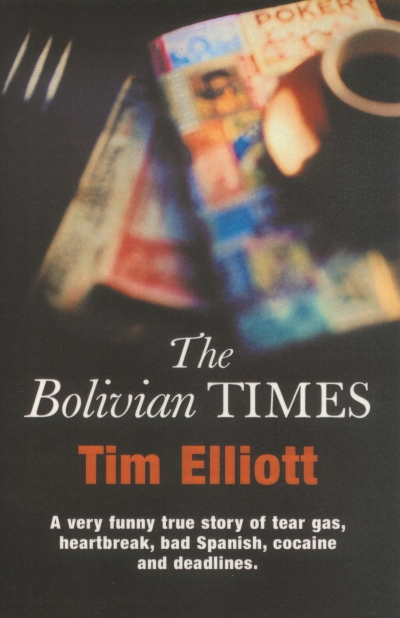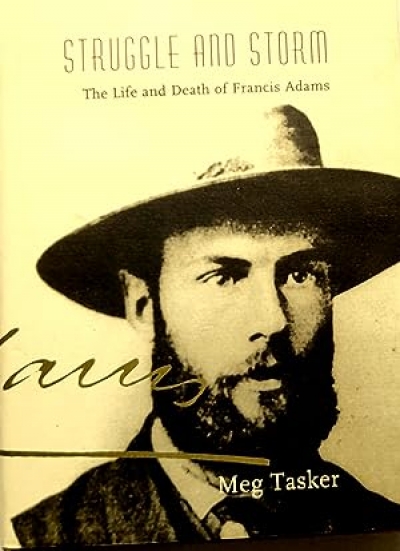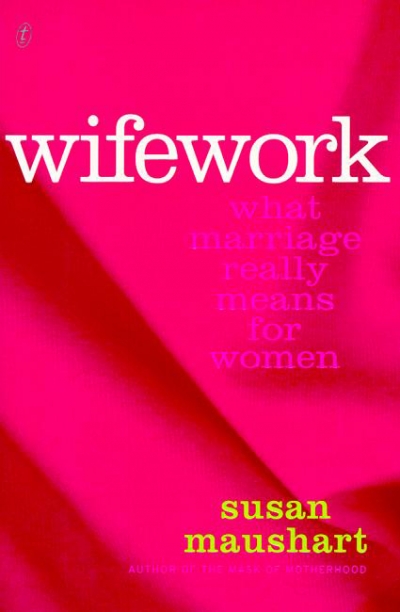Archive
For any editor, one of the attractions and challenges of shaping a magazine is the unexpected submission that arrives at the eleventh hour. When the author happens to be someone of the stature of Raimond Gaita, one is indeed fortunate. This month, we are pleased to be able to bring you Professor Gaita’s incisive, yet anguished, contribution to the debate about reconciliation and genocidal impulses in Australian history. His piece, entitled ‘Why the Impatience? Genocide, “Ideology” and Practical Reconciliation’, is our La Trobe University Essay for July. It takes up some of the issues raised by Inga Clendinnen in the Australian Review of Books, an essay that prompted much correspondence in the June issue of that publication.
... (read more)I speak well crook. I speak better, when better. And I get bitter when my usually unstoppable health chucks it during an author tour. This happened to me the other week in Geelong, when the State Library of Victoria had Chris Beck and me as their travelling wits.
... (read more)Australian Gothic: the Gothic revival in Australian architecture from the 1840s to the 1950s by Brian Andrews
Religion and Culture in Asia Pacific: Violence or healing? by Joseph Camilleri
Struggle and Storm: The life and death of Francis Adams by Meg Tasker
Wifework: What marriage really means for women by Susan Maushart
There are watchdogs and there are lapdogs. Watchdogs are alert. At the slightest movement, they growl. When they bite, it hurts. Lapdogs are alert – to their master’s moods.
... (read more)






